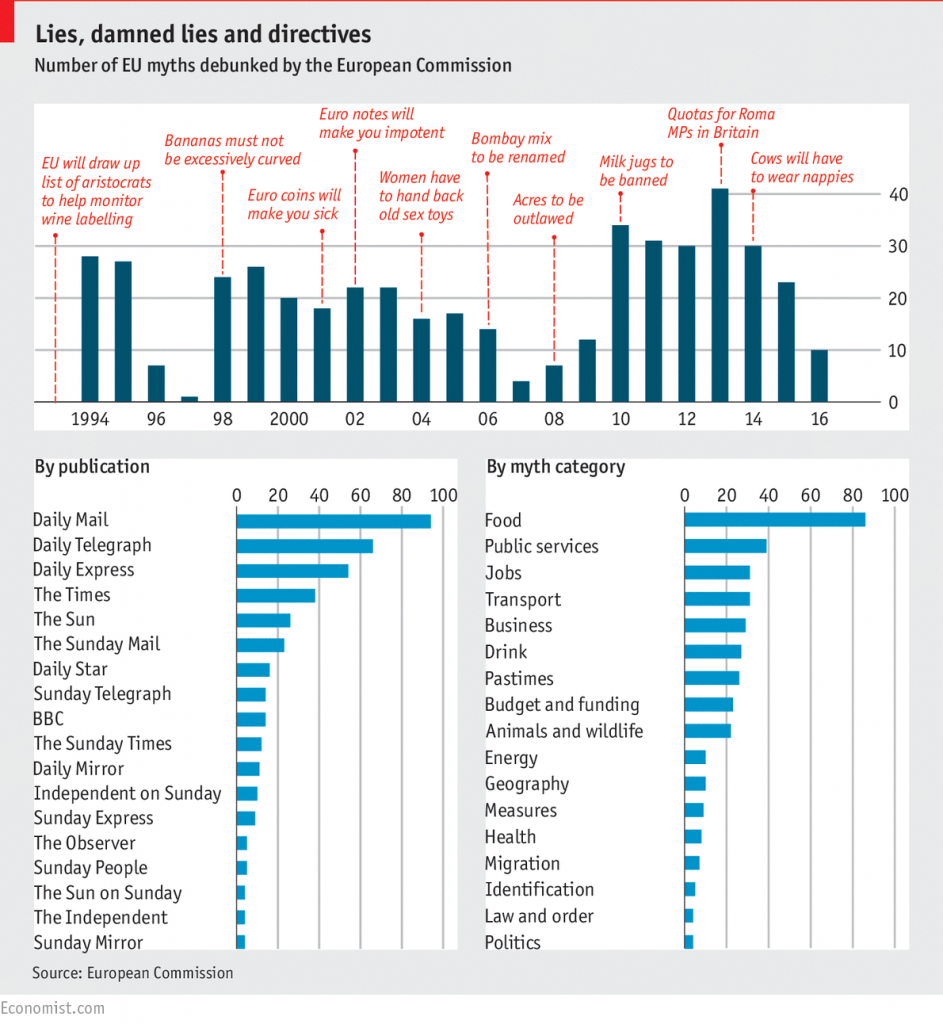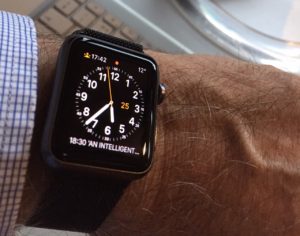There’s a fine essay in The Atlantic by Matt Stoller on how post-Watergate liberals forgot about the menace of corporate power.
For most Americans, the institutions that touch their lives are unreachable. Americans get broadband through Comcast, their internet through Google, their seeds and chemicals through Monsanto. They sell their grain through Cargill and buy everything from books to lawnmowers through Amazon. Open markets are gone, replaced by a handful of corporate giants. Political groups associated with Koch Industries have a larger budget than either political party, and there is no faith in what was once the most democratically responsive part of government: Congress. Steeped in centralized power and mistrust, Americans must now confront Donald Trump, the loudest and most grotesque symbol of authoritarianism in politics today.
“This,” wrote Robert Kagan in The Washington Post, “is how fascism comes to America.” The nation is awash in commentary and fear over the current cultural moment. “America is a breeding ground for tyranny,” wrote Andrew Sullivan in New York magazine. Yet, Trump’s emergence would not be a surprise to someone like Patman, or to most New Dealers. They would note that the real-estate mogul’s authoritarianism is not new in American culture; it is ubiquitous. It is consistent with how the commercial sphere has developed since the 1970s. Americans feel a lack of control: They are at the mercy of distant forces, their livelihoods dependent on the arbitrary whims of power. [Wright] Patman once attacked chain stores as un-American, saying, “We, the American people, want no part of monopolistic dictatorship in … American business.” Having yielded to monopolies in business, the nation must now face the un-American threat to democracy Patman warned they would sow.
Great essay. It chimes with a book I’m reading at the moment — Thomas Frank’s Listen Liberal: or whatever happened to the party of the people? — which is about how the Democrats came to represent certain kinds of elites rather than real people. And which of course is also about why Hillary Clinton is such a depressing candidate for president.
It reminds us also that
[Bill] Clinton stripped antitrust out of the Democratic platform; it was the first time a reference to monopoly power was not in the platform since 1880.



